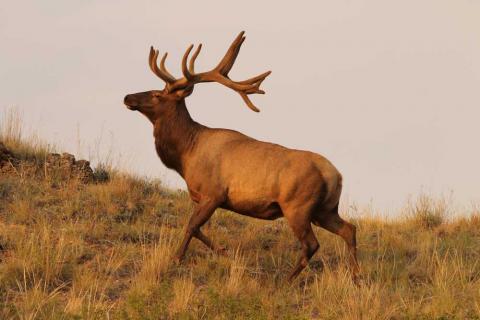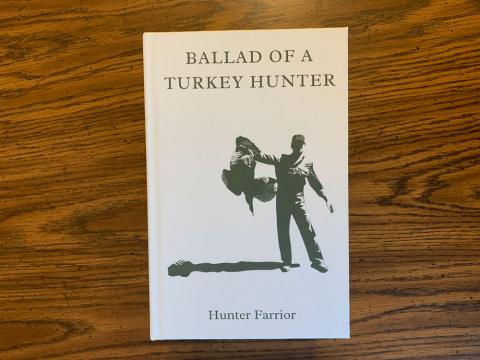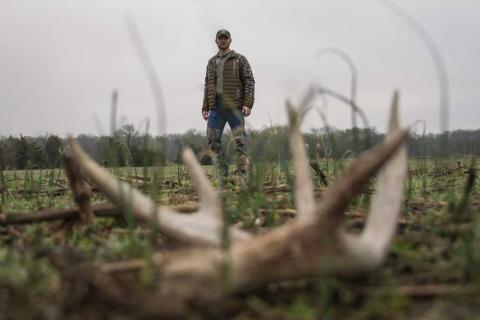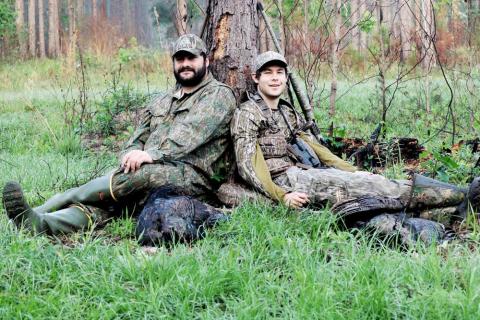Mia Anstine
There is no experience like chasing bugling bull elk in the high country. If you have ever been on a timberline elk hunt, you know some of the challenges. However, if you haven't yet partaken in such a hunt, you need to realize the preparation, risks, and rewards of hunting at high elevations.
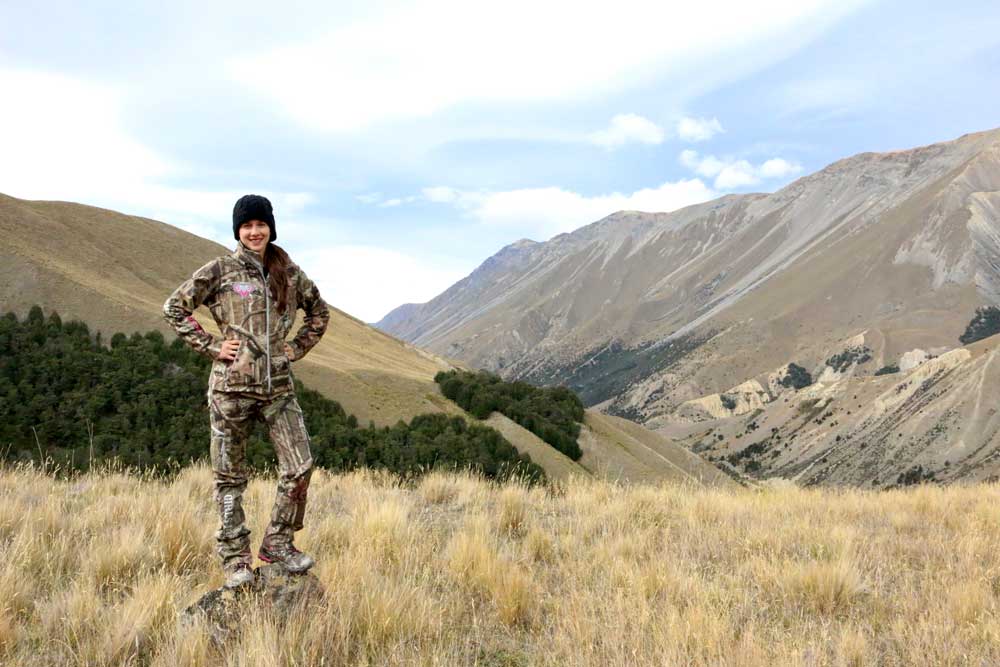
Altitude Sickness
One risk many lower elevation residents neglect to prepare for when heading to the high country is altitude sickness—also called "mountain sickness." This condition is a physical agony that arises due to a body's difficulty adjusting to the lower oxygen pressure at higher altitudes.
Symptoms of Altitude Sickness
Early symptoms of altitude sickness can feel like the morning after a fun night of drinking.
- Dizziness - You may begin to get a headache, feel dizzy, or nauseous.
- Fatigue - You may feel exhausted and want only to sleep.
- Lack of appetite - Your body is burning more calories when you're at higher elevations. Make yourself replenish nutrients.
- Inability to urinate - What goes in comes out, and if you're unable to urinate, you're most likely dehydrated.
- Increased heart rate - As I mentioned, your body is going to work harder at higher elevations, but you should be in a state of comfort and not feel your heart "beating out of your chest." If you're experiencing altitude sickness, your heart rate may excel and not go back to your typical resting level, even when you're at rest.
Altitude sickness may give light to some or all of these symptoms. Pay attention to indications of the condition because, although most cases are mild, they can also become life-threatening.
The best cure for altitude sickness is to descend to a lower elevation but you also need to let your body rest. Additionally, a hunter with a good plan will prepare their body before embarking on the high country adventure.
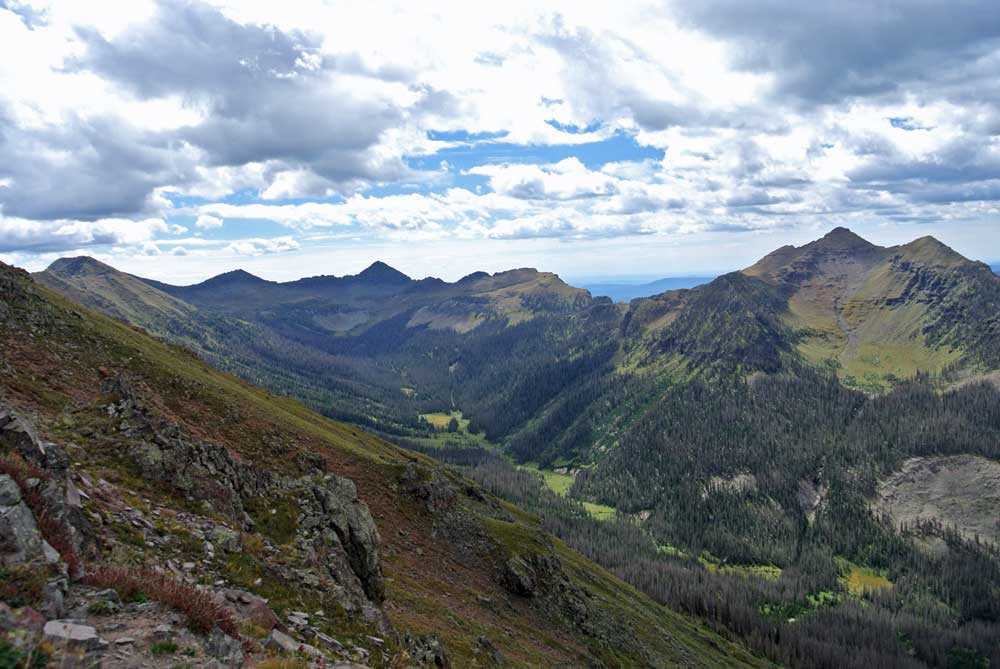
Preparation
Hydrate
It is best to drink water before and during the hunt; I use hydration supplements to add nutrition and flavor to the water. Our bodies need water to function correctly, and hydration is vital in fighting off altitude sickness. In addition, staying hydrated keeps the muscles moving and helps to avoid muscle cramps.
Nourish
At high elevations, the body is working overtime. You will be burning vast amounts of calories. Pack the proper food to stoke your internal fires -- chips and cokes aren't going to cut it. A good balance of carbs, protein and healthy fats will help the muscles stay strengthened and allow you to persevere during a high mountain hunt.
Recognize Challenges - Get in Shape
When getting in shape for a high mountain hunt, consider a few things:
- The air will be thinner, so your body will work harder at breathing.
- You will most likely climb steep, uneven terrain; your muscles need strengthening.
- You will be carrying guns/bows, packs, binoculars and other hunting gear; you need to strengthen your muscles, but don't forget about the additional muscles you'll use for balance.
Ultimately, you want to be in the best shape to perform at high elevations and still make an accurate, ethical shot on your target.
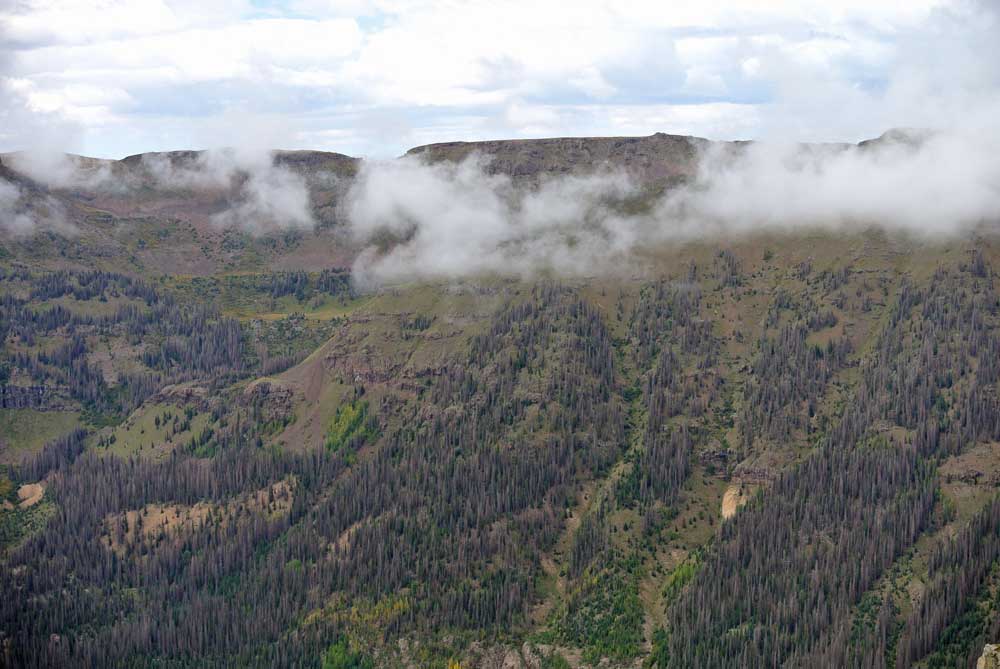
We all know how to get in shape. If you look around the internet, you'll find thousands of fitness methods. Choose the one that is your favorite, and like the Nike slogan says, "Just Do It." Stay focused in cardio training, muscle strengthening, proper nutrition and constantly work on shooting form. If possible, train at a higher elevation; this will be helpful because your body will produce more red blood cells to help carry oxygen to your muscles.
Consider including endurance and cardio exercises in your hunt-training plan. Strengthen those muscles and increase the capacity of your lungs. You don't want to be so out of breath when you see that animal of a lifetime that you cannot make the shot.
When you're training, it helps to carry a loaded pack. A pack will change your body's center of gravity and cause muscles you don't ordinarily use to work overtime. For example, if you run, walk or hike with a loaded pack, your hip and abdominal muscles will be strengthened, and you won't have to worry as much about losing your balance as you ascend a steep mountain. Flexibility will also help with balance and injury prevention.
The topic of altitude sickness should not serve as a deterrent in your adventures, only as one topic of many to consider in your plan. Proper preparation will lead to a positively memorable experience in the mountains. Stay focused on training and be prepared for the hunt of a lifetime.
















